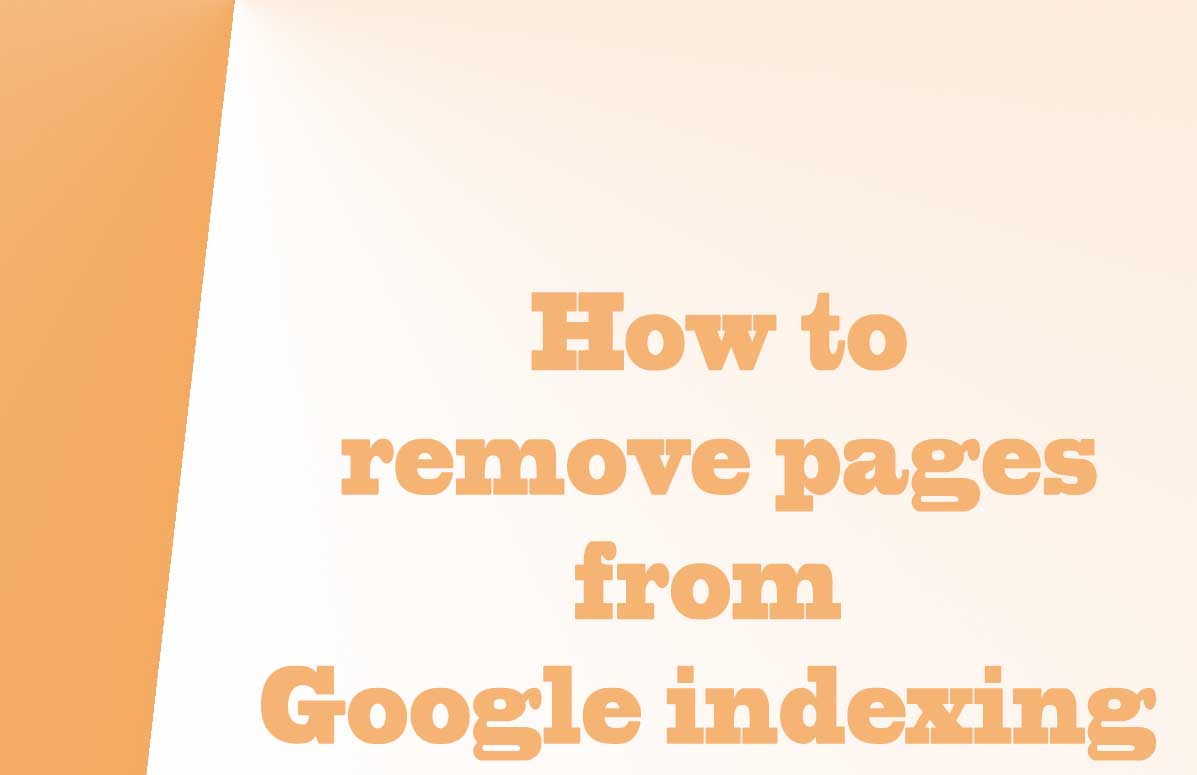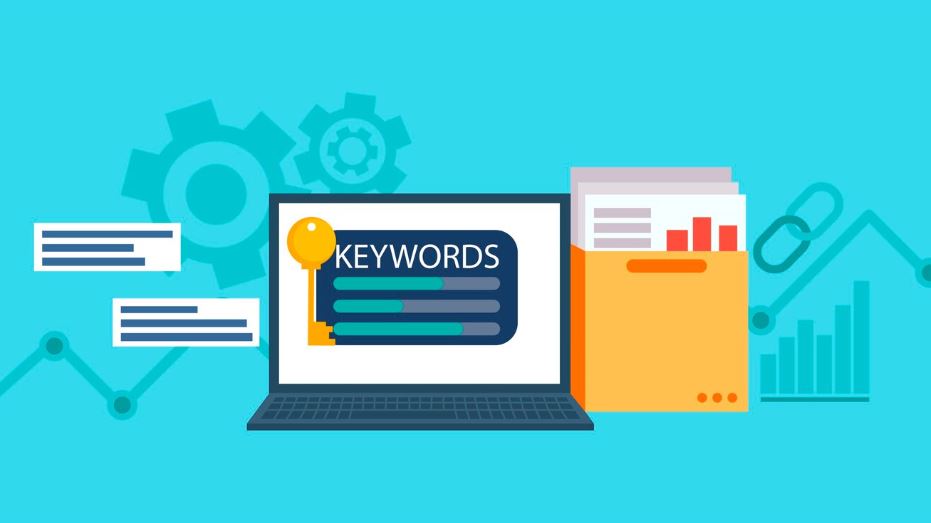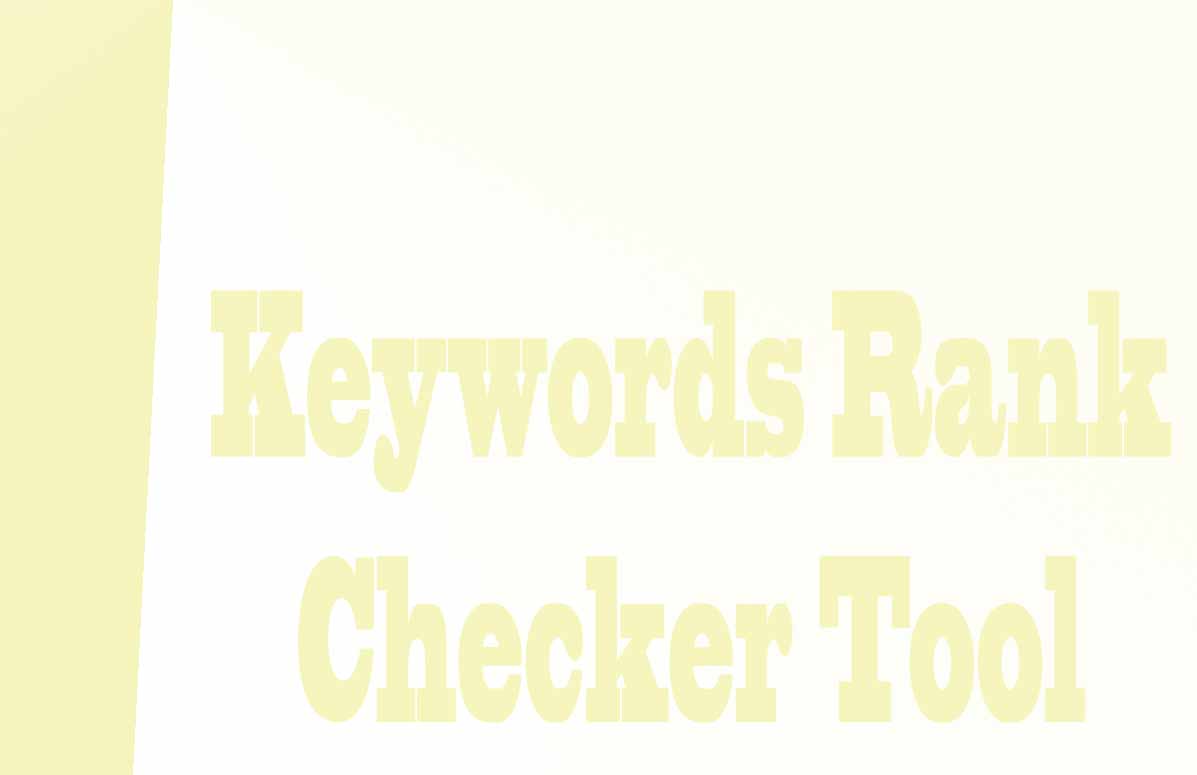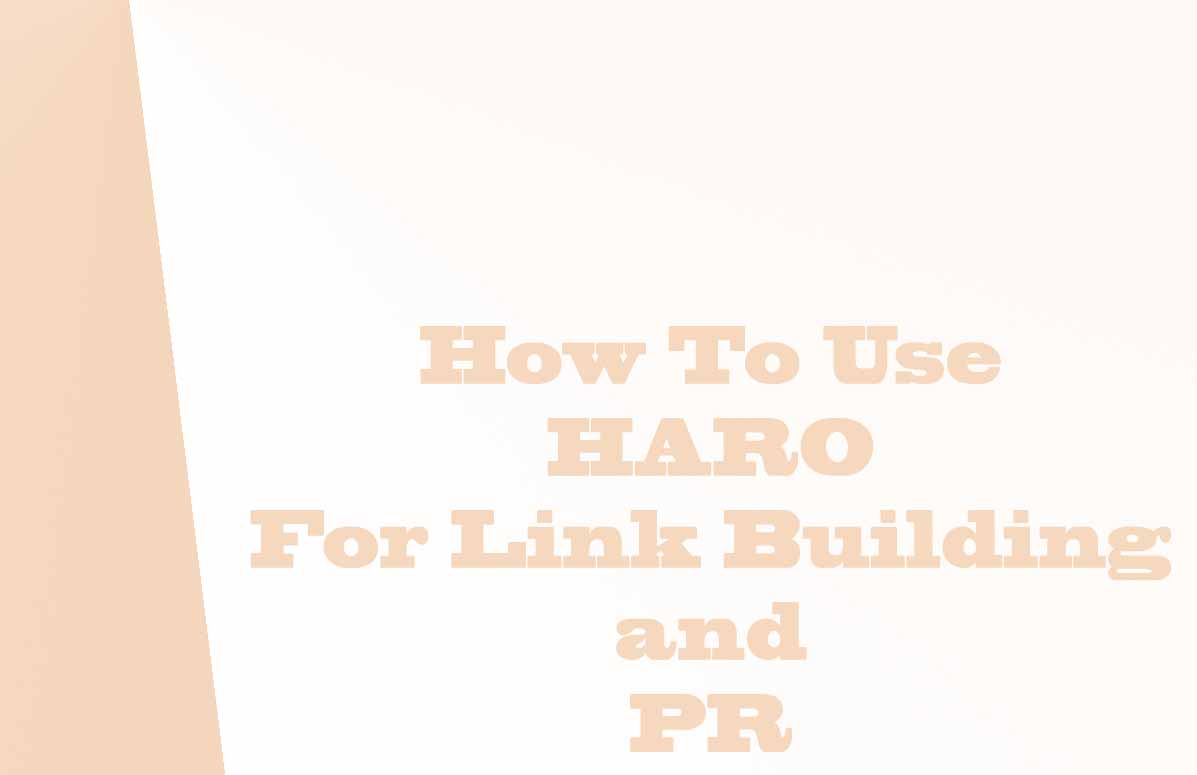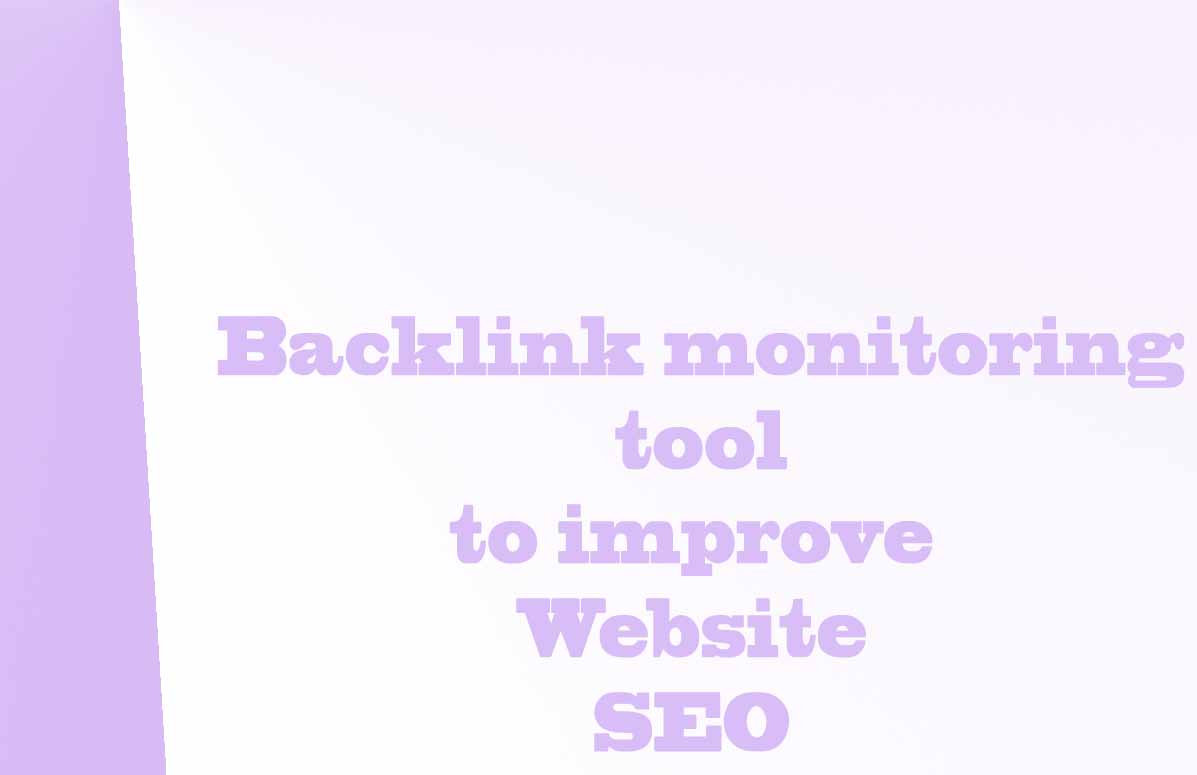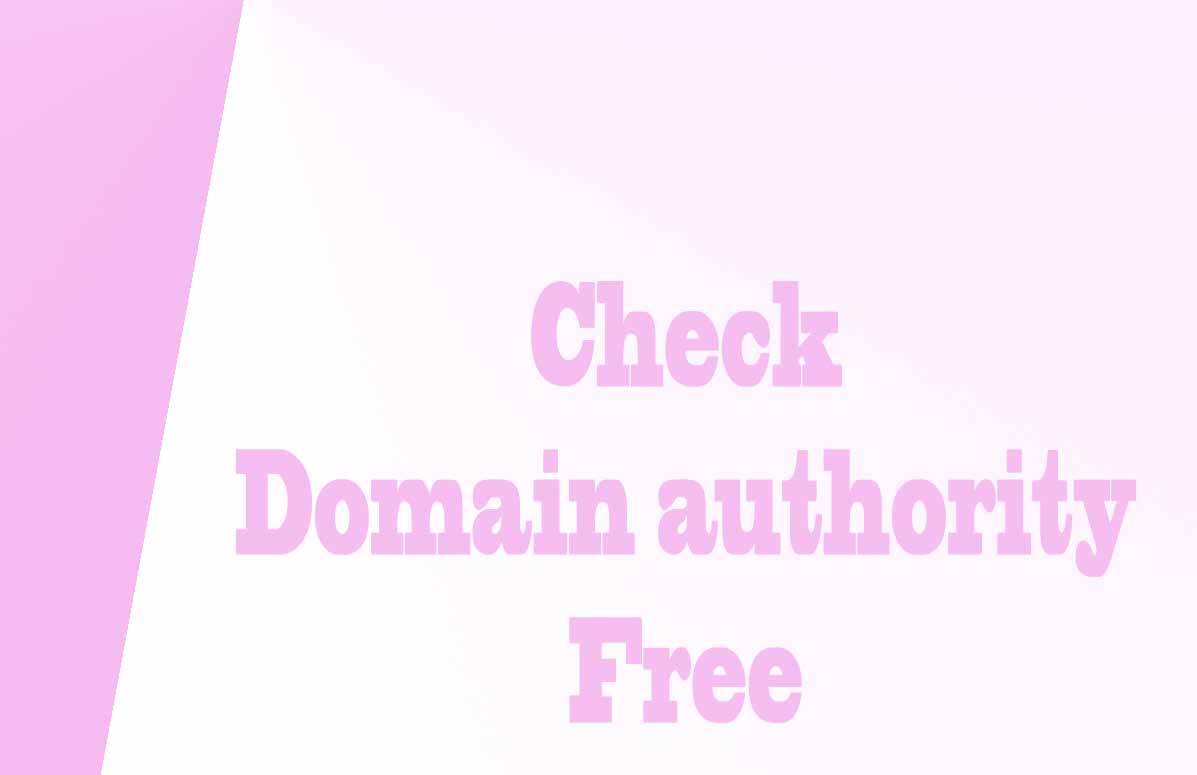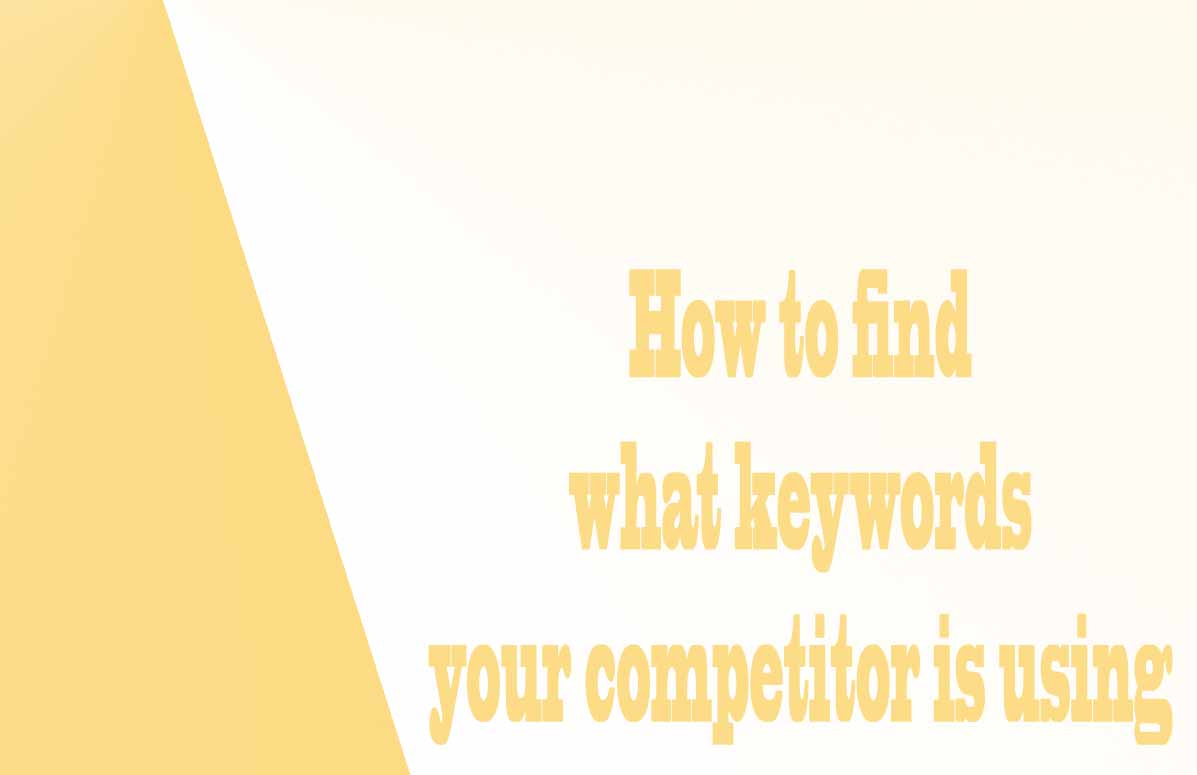Reading Time: 11 minutes
Number of Words: 2256

Intro: Google is the most widely used search engine
Google is the most widely used search engine in the world, processing billions of searches every day. As a website owner, it is essential to understand how Google indexes your web pages and how long it takes for your content to appear in search results.
Having a website is essential for any business or organization. However, having a website is not enough if it is not visible to potential users.
One of the key factors in website visibility is search engine optimization (SEO), and a crucial aspect of SEO is having web pages indexed by search engines such as Google.
What affects a website to be indexed in Google
The speed at which Google indexes a web page depends on several factors:
- The quality and relevance of the content on the page.
Google's algorithms prioritize high-quality content that provides value to users. - The website structure and design play a vital role in indexing speed.
A well-organized website with clear navigation and proper use of headings and subheadings makes it easier for Google bots to crawl and index the content. - Backlinks and external references from reputable sources can also impact indexing speed.
The more high-quality backlinks a website has, the more likely it is to be crawled and indexed quickly. - Website's authority and credibility.
Websites with a higher authority and credibility are more likely to be indexed quickly than those with lower authority. - Website's crawlability, which refers to how easily Google's web crawlers can access and navigate the website.
Websites with good crawlability are more likely to be indexed quickly than those with poor crawlability. - The website's content relevance and uniqueness also play a role in indexing time.
Websites with relevant and unique content are more likely to be indexed quickly than those with duplicate or low-quality content.
Quality and relevance of the content on the page
For a website to appear in Google search results, it is important that it meets certain quality and relevance criteria.
These criteria are evaluated by Google's algorithm to determine which web pages are most relevant to a given search.
Below are some key aspects that a website should take into account:
- Relevant and quality content: The website must have useful, valuable and relevant content for users. It must respond to users' search queries and offer quality and up-to-date information.
- Keywords: The right keywords must be present in the content of the website. These keywords should be relevant to the site's theme and related to users' search queries.
- User experience: The website should be easy to navigate and offer a good user experience. It must be fast, accessible from different devices and adapt to the needs of visitors.
- Data structure: The website must use an appropriate data structure to make its content easier to understand by search engines. This includes the use of metadata, header tags, and other SEO optimization techniques.
- Quality links: The website must have quality inbound links, that is, links from other relevant and trustworthy websites. These links help increase the authority and relevance of the site in the eyes of Google.
- Mobile Optimization: It is important that the website is optimized for mobile devices, as Google places more and more importance on the mobile experience of users.
- Security: The website must have appropriate security measures, such as the use of SSL certificates, to protect user information.
These are just some of the aspects that Google takes into account to determine the quality and relevance of a website. It is important to note that Google's algorithm is updated regularly, so it is necessary to stay up to date with the latest SEO best practices and adapt to changes.
Structure and design that a website must have to be indexed on Google quickly
For a website to be indexed by Google and appear in search results, it is important to take into account its structure and design.
Below are the essential elements that a website should have to achieve correct indexing:
- Friendly URL: It is advisable to have a URL that is easy to read and understand for both users and search engines. It must be descriptive and contain keywords related to the content of the page.
- HTML Headers: Correctly use HTML headers (H1, H2, H3, etc.) to organize and prioritize the content clearly. Headings help search engines understand the structure of the site and rank content.
- Title tags and meta descriptions: Each page should have a unique and relevant title, which displays in Google search results. Additionally, it is advisable to include a brief description of the page content in the meta description, also visible in the search results.
- Keywords: Use relevant and strategic keywords in the website content. These words should be related to the main topics and goal of the site.
- Quality content: Generate original, relevant and quality content for users. Avoid duplicate content and ensure it is useful and accessible.
- Internal and external links: Establish both internal links (between the different pages of the website) and external links (to other relevant and trusted web pages). Internal links help users and search engines navigate the site, while external links can build authority and relevance.
- Image Optimization: It is important to use alt tags to describe the content of images, which helps search engines understand the visual content. Additionally, optimize the size and format of images to improve site loading speed.
- Responsive design: Ensure that the website has a responsive design, that is, that it adapts correctly to different devices and screen resolutions. This is especially important as Google considers user experience on mobile devices to rank websites.
- Loading speed: A key factor in indexing is the loading speed of the website. Optimize loading time using techniques such as file compression, caching, and reducing HTTP requests.
- Sitemap and robots.txt file: Generate a sitemap.xml file that tells Google the structure of the site and the pages that should be indexed. Additionally, it is advisable to have a robots.txt file to control which parts of the site should be crawled by search engines.
Implementing these practices in the design and structure of a website will help improve its indexing on Google and increase its visibility in search results.
Quality backlinks and external references for a website to be indexed in Google
For a website to be indexed on Google, it is important to have a good number of quality backlinks and external references.
Here are some examples of the types of links and references that can help Google index a website:
- Links from other relevant websites: Getting links from other websites that are relevant to the topic of your website can help Google understand the relevance of your content and increase your chances of being indexed.
- Links from online directories: Adding your website to relevant and trusted online directories can help Google discover and crawl your website faster.
- Links from social networks: Sharing your content on social networks and earning links from these platforms can be an important signal to Google that your website is popular and relevant.
- Links from authority websites: Getting links from authority websites in your industry can help increase the trust and credibility of your website with search engines.
- References in news, articles or blog posts: If your website is mentioned in news, articles or blog posts, this can be a very positive signal to Google and can help increase your chances of being indexed.
It is important to keep in mind that the quality and relevance of external links and references is more important than quantity. Google values quality links from relevant websites more over low-quality bulk links.
Additionally, it is important to follow Google's guidelines and avoid spammy practices, as this can have a negative effect on your website's indexing.
Increase the authority and credibility of a website to be quickly indexed on Google
Here are some strategies to increase the authority and credibility of a website and get indexed quickly on Google:
- Quality content.
- Internal and external links.
- On-page optimization: Make sure your website is technically optimized to improve user experience, such as loading speed, easy navigation, and mobile-friendliness.
- Social linking: Promote your content through social networks and other platforms.
- Reviews and testimonials: Ask your satisfied customers to leave reviews and testimonials on your website or other platforms, which will help gain user trust and improve your credibility.
- Online Community Participation: Actively participate in forums, blogs, and groups related to your niche to establish your authority and generate relevant links.
- Comments and reviews: Be sure to allow comments and reviews on your website, which can increase user engagement and trust.
- Regular Updates: Keep your website updated with new content and make regular updates to keep users and search engines interested.
Remember that the Google indexing process can take time, so it is important to be patient and continue working on improving the authority and credibility of your website over time.
Get a website to have unique content and be easily indexed by Google
For a website to have unique content and be indexed by Google, you can follow these steps:
- Research and create relevant content: Research in depth about the topic you want to cover on your website and create original, quality content that is relevant to your users. Avoid duplicating content from other websites.
- Use keywords: Identify keywords relevant to your content and use keyword research tools to discover the best options. Include these keywords naturally and consistently in your content.
- Avoid plagiarism: It is important that all the content on your website is original and not copied from other sources. Google penalizes duplicate content and your site may not be indexed or receive a low ranking in search results.
- Update regularly: Keep your website updated with new content. Google values websites that are updated frequently, as this shows that you are providing fresh and relevant information to your users.
- Focus on quality and structure: Make sure your content is easy to read and well structured. Use headings, short paragraphs, and lists to make reading easier. Also, make sure your content is free of grammatical and spelling errors.
- Optimize tags and meta descriptions: Make sure each page on your website has a unique title tag and a relevant meta description. These elements will help Google understand what your content is about and entice users to click on search results.
- Build internal and external links.
Remember that the key to having unique content and being indexed by Google is to offer value to your users and provide quality and relevant information on your website.
General time in which Google indexes a web page
The time it takes Google to index a web page depends on several factors, such as the number of pages on the website, the quality of the content, the structure of the site, the update frequency, inbound links, and domain authority.
According to some articles I have found, the estimated time can vary from a few hours to a year, depending on the size of the website. For example:
- For websites with less than 500 pages, it would take between 3 and 4 weeks.
- For websites between 500 and 25,000 pages, it would take about 3 months.
- For websites with more than 25,000 pages, it would take more than 4 months and up to a year.
Google's indexing process
Google's indexing process consists of three main stages: crawling, indexing, and ranking.
- In the crawling stage, Google bots scan web pages and follow links to discover new content.
Google's web crawlers, also known as spiders, visit web pages to gather information such as page titles, meta descriptions, and content. - In the indexing stage, Google adds the discovered pages to its index and analyzes their content and metadata.
Google indexes the pages based on relevance and quality. Google's algorithm considers various factors such as keyword usage, backlinks, and user engagement to rank the indexed pages. The higher the relevance and quality of the page, the higher it will rank in search results. - In the ranking stage, Google ranks the pages based on their relevance and quality, using complex algorithms and machine learning models. The ranking stage is where the web page's position in search results is determined.
Ways to speed up Google indexing
There are several ways to speed up Google indexing and improve your website's visibility in search results:
- One of the most effective ways is to submit sitemaps and RSS feeds to Google Search Console. This helps Google bots discover new content and index it faster.
- Using internal linking and proper URL structure can help Google bots crawl and index your content more efficiently.
- Updating and adding new content regularly signals to Google that your website is active and relevant, which can lead to faster indexing and higher rankings.
- Building high-quality backlinks from reputable websites can also improve indexing time, as it signals to Google that the website is credible and authoritative.
- Creating and sharing social media posts that link to the web page can also help improve indexing time, as it increases the visibility of the page and signals to Google that the page is relevant and valuable.
Conclusion
The time it takes for Google to index a web page can vary depending on several factors such as website authority, crawlability, and content relevance.
To improve indexing time, website owners can take steps such as submitting sitemaps, building high-quality backlinks, and creating social media posts.
By understanding how Google indexes web pages and implementing effective SEO strategies, website owners can improve their website's visibility and attract more potential users.
Tips on SEO and Online Business
Next Articles
Previous Articles
